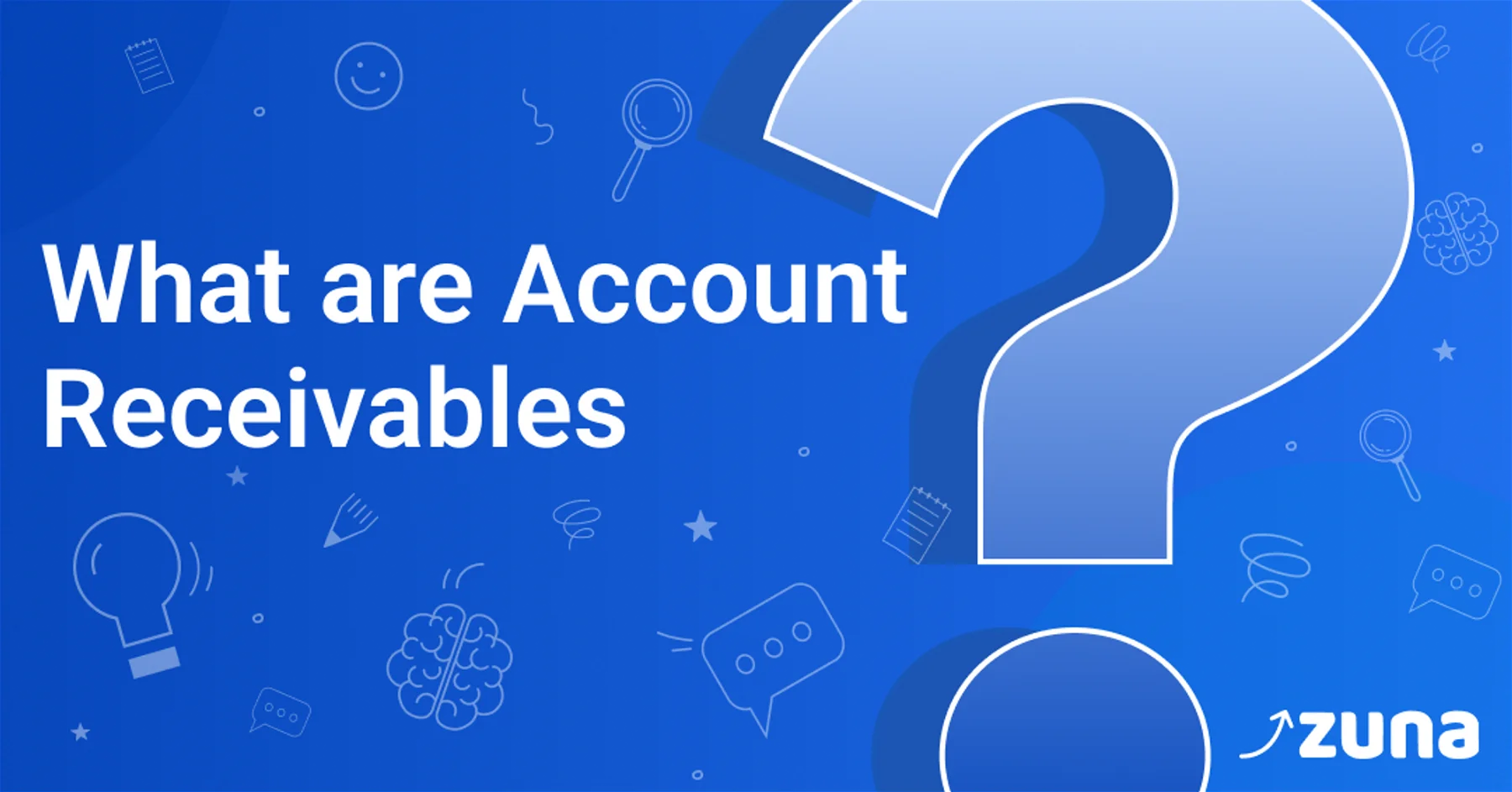Eeshan’s Journey from Non-SaaS to SaaS
Eeshan Dadheech, who was an avid reader of SaaS, always wanted to work towards it. However, his non-SaaS background curbed his growth. Despite initial challenges, he kept looking for jobs in the SaaS vertical and landed his first job at Dropsuite, a SaaS company that offers backup and archive services. It’s been six months, and now he works there as an International Finance Manager. His task revolves around FP&A (Financial Planning and Analysis) and providing management accounting insights to the CFO.
About Dropsuite
Dropsuite is an international database backup and monitoring software provider. It’s a small company with 95 accounts globally and remote operations worldwide. They only have physical offices in Singapore and Indonesia. It is a listed company on Sydney’s stock exchange, operating on a 20 million ARR business model. They offer backup and archive services to B2B companies on a reseller basis.
What Does Dropsuite’s International Finance Manager Do Every Day?
SaaS is a poorly understood field even today, but Eeshan feels that if you want to learn extensively about anything, join a SaaS company. He did it six months ago, and he loves it.
As a Finance Manager at Dropsuite, Eeshan’s work is no longer immersed in accounting tasks. He looks after the company’s FP&A (Financial Planning and Analysis) and provides management accounting reviews to the head team. His role demands that he analyze performance against forecasts and budgets, conduct revenue analysis, track monthly subscriptions, and evaluate regional performances.
He also loves educating department heads on their P&Ls, helping them identify cost gaps, and addressing areas of excessive spending. He also helped the company with headcount planning. When he first joined, there were no checks on departmental accounting, but with him, the company started tracking their departmental accounts.
How can headcount planning favor SaaS startups?
Headcount planning, put simply, is planning holistically and considering the employee’s life cycle. For this reason, departmental P&Ls are important to develop a comprehensive view of the company’s financials. For Eeshan, headcount planning is much more than just aligning people. For him, it’s looking at the employee’s life cycle.
For example, if you are hiring consultants, you need to keep in mind the associated costs like laptop costs, joining bonuses, relocation costs, etc. He educates about approaching headcount planning holistically, taking into account all the related costs and factors throughout the employee’s journey before hiring them to make informed employee choices.
What Tech Stack Dropsuite Uses
As a software provider, Dropsuite uses different tech stacks for its daily tasks. They depend on Xero for Accounting, and Salesforce for top-line planning. All this software is integrated but not optimized. Most of their tasks are done through spreadsheets. However, they are planning to onboard a new software called Mosaic Tech for their financial planning.
How Does Dropsuite Manage Compliance?
Eeshan believes that instead of doing everything alone, it’s best to hire individuals who make your task easy. Therefore, they risk outsourcing their compliance to specialized consultants. They help them stay up-to-date with legal changes, such as the tax requirements of a specific area.
What are some challenges you have faced with CA firms?
Eeshan feels that traditional CA firms lack the necessary training and motivation to excel at providing comprehensive services for businesses. He sees management reporting as a significant differentiator for Zuna compared to CA firms, as they go beyond basic accounting statements and provide in-depth analysis and forecasting. He believes that creating tailored KPI templates for each business is an actual game-changer that most CA firms don’t utilize.
Eeshan sees that CA firms have an attitude problem. They don’t go out looking for businesses. Most of their clients come to them. Even if we talk about upskilling their workforce, they are adamant. The workforce there doesn’t want to be trained. They are happy with their existing clients and don’t wish to learn new things.
Eeshan explains that CA firms are only concerned with their work. They do your accounting, send you the statement of profit and loss, send you the cash flow and balance sheet, and then they are done. That’s the biggest difference between a traditional CA firm and companies like Zuna.
He further perceives that CA firms just don’t want to scale up. As their staff is quite transactionally trained, they are happy working with their B2B clients and don’t wish to learn how other companies, like SaaS or IT, work.





